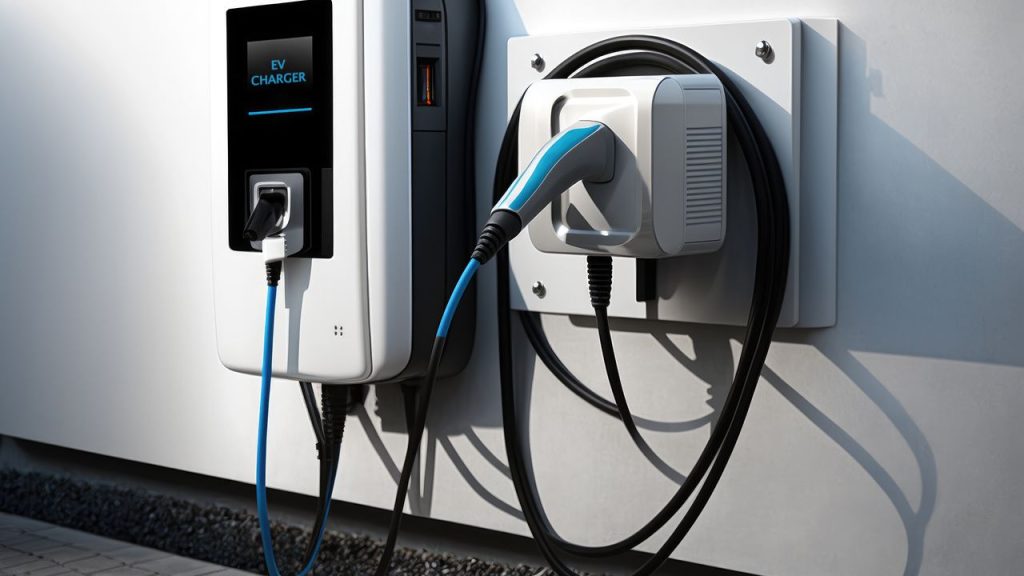EV Charging Infrastructure Monitoring: Ensuring Efficiency and Reliability
As electric vehicles (EVs) become increasingly popular, the need for a robust and efficient charging infrastructure is more important than ever. EV charging infrastructure monitoring plays a crucial role in ensuring the energy efficiency, maintenance, and overall health of these charging systems. In this article, we will explore the significance of monitoring in optimizing the performance of EV charging infrastructure.
Energy Efficiency: The Key to Sustainable Charging
One of the primary goals of EV charging infrastructure monitoring is to maximize energy efficiency. By closely monitoring the charging process, operators can identify and address any inefficiencies that may be causing energy wastage. This not only helps reduce electricity consumption but also contributes to a greener and more sustainable charging network.
Monitoring systems can track the energy consumption of each charging station, allowing operators to identify patterns and optimize charging schedules. By scheduling charging during off-peak hours or when renewable energy sources are abundant, operators can minimize the strain on the grid and make the charging process more cost-effective.
Maintenance: Ensuring Smooth Operations
Regular maintenance is essential to keep EV charging infrastructure in optimal condition. Monitoring systems play a vital role in identifying potential issues and scheduling maintenance activities proactively. By monitoring parameters such as voltage levels, current flow, and temperature, operators can detect anomalies and address them before they escalate into major problems.
For instance, if a charging station is consistently delivering lower-than-expected charging speeds, the monitoring system can alert operators to potential issues with the power supply or the station’s internal components. By addressing these issues promptly, operators can minimize downtime and ensure a seamless charging experience for EV owners.
Health Monitoring: Preventing System Failures
Just like any other infrastructure, EV charging systems can experience failures or malfunctions. Monitoring the health of the charging infrastructure helps operators detect and prevent such failures, ensuring a reliable charging network.
Monitoring systems can continuously assess the performance of each charging station, tracking metrics such as voltage stability, cable integrity, and connector health. If any abnormalities are detected, operators can take immediate action to rectify the issue, preventing potential system failures and minimizing disruptions to the charging network.
In Conclusion
EV charging infrastructure monitoring is a critical aspect of maintaining a reliable and efficient charging network. By closely monitoring energy efficiency, conducting regular maintenance, and proactively monitoring system health, operators can optimize the performance of charging stations, reduce energy wastage, and provide a seamless charging experience for EV owners.
As the demand for electric vehicles continues to grow, investing in robust monitoring systems will be essential to meet the evolving needs of EV owners and ensure the long-term sustainability of the charging infrastructure.


